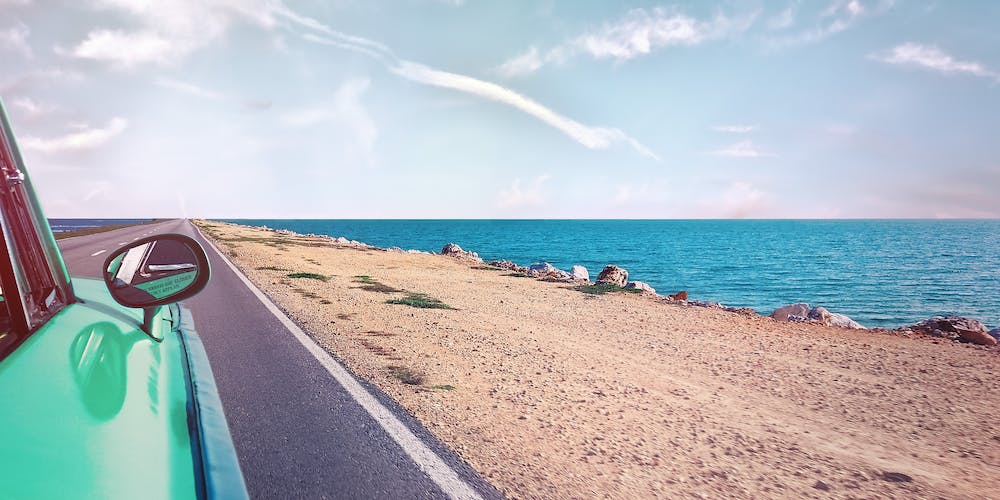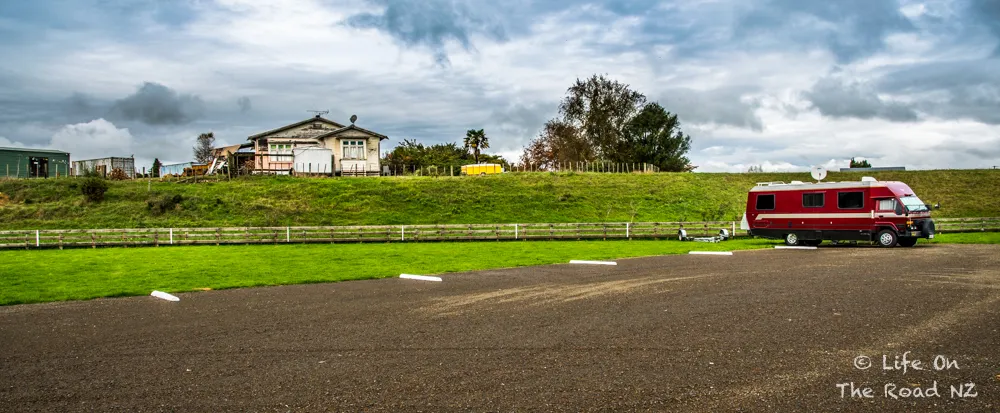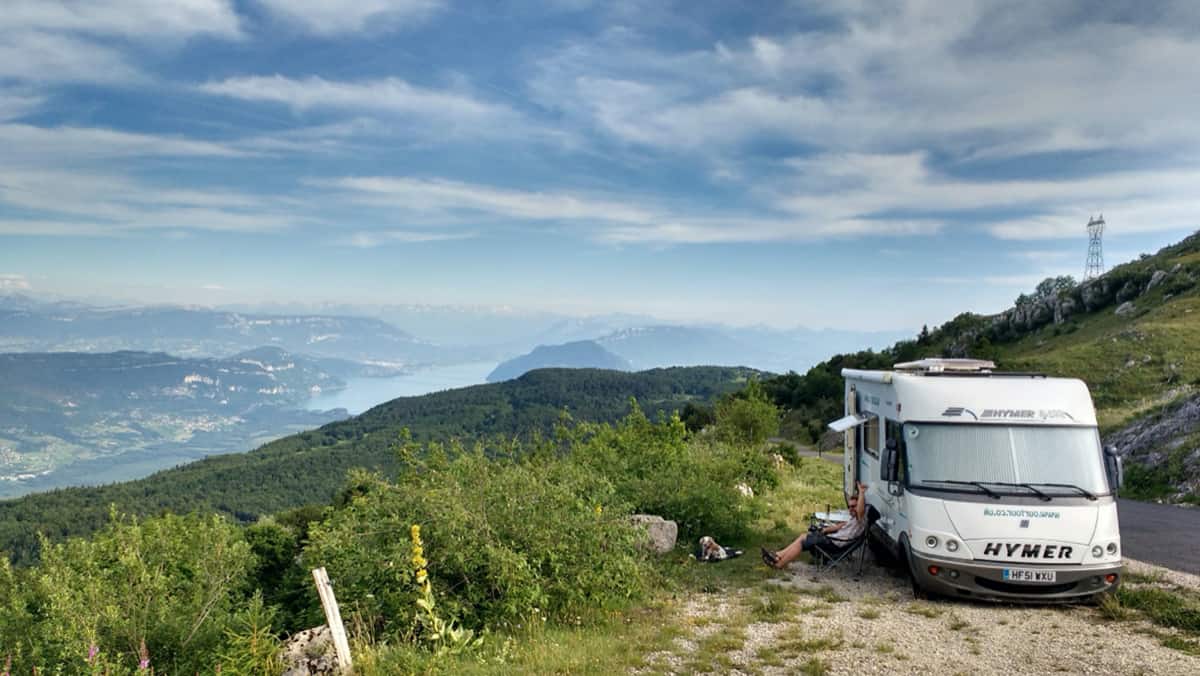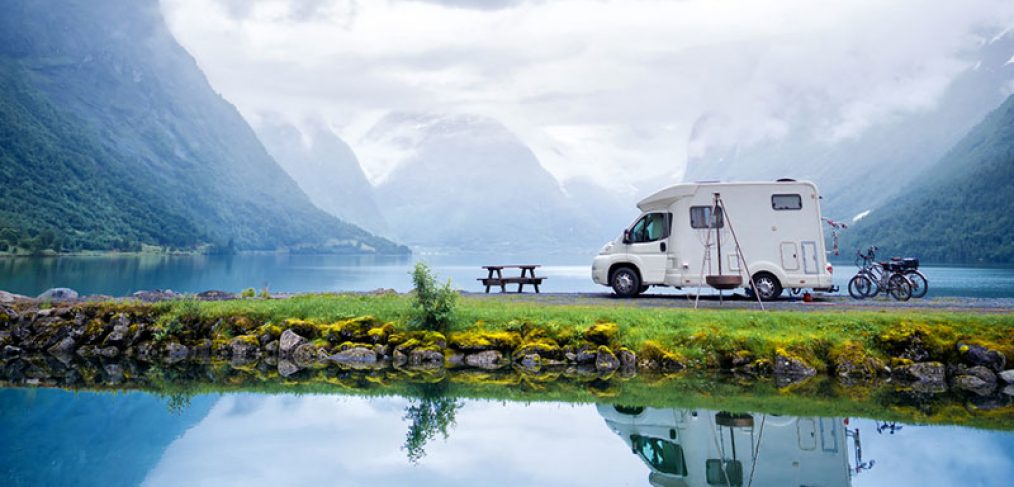HERE ARE SOME TIPS FOR MANAGING LIFE ON THE ROAD
- Plan ahead: Before embarking on a trip, make sure to plan out your route and schedule. This will help you stay organized and avoid any last-minute stress.
- Pack smart: When packing for a trip, try to pack light and only bring essentials. This will make it easier to move around and save you from carrying heavy luggage.
- Stay connected: Make sure to have a reliable form of communication while on the road, whether it’s a phone or a portable Wi-Fi device. This will come in handy in case of emergencies or if you need to stay in touch with loved ones.
- Take care of your health: Traveling can be exhausting, so make sure to take care of yourself by getting enough rest, staying hydrated, and eating well. Don’t forget to pack any necessary medication as well.
- Be open-minded: Embrace new experiences and be open to trying new things while on the road. This will make your trip more enjoyable and memorable.
- Stay safe: Always be aware of your surroundings and take necessary precautions to ensure your safety. This includes keeping your valuables secure and avoiding dangerous areas.
- Budget wisely: It’s important to keep track of your expenses while traveling. Set a budget and stick to it to avoid overspending.
- Enjoy the journey: Remember to take breaks and enjoy the journey rather than just focusing on the destination. This will help you appreciate the experience and make the most out of your trip.
Overall, managing life on the road requires planning, flexibility, and a positive attitude. With these tips in mind, you can make the most out of your travels and create unforgettable memories. Now, let’s dive into the details of each aspect of life on the road.

PREPARING FOR LIFE ON THE ROAD
Planning Your Route and Schedule
Before hitting the road, it’s important to have a clear plan in mind. This includes mapping out your route and creating a schedule for your trip. This will not only help you stay organized but also ensure that you don’t miss out on any must-see destinations.
To plan your route, consider the purpose of your trip and the places you want to visit. Are you looking for a relaxing vacation or an adventurous journey?
Do you want to explore different cities or stick to one region? These factors will help determine the best route for your trip.
Once you have a general idea of your route, it’s time to create a schedule. This should include the dates and times of your travel, as well as the duration of your stay at each destination. It’s important to be realistic and leave room for unexpected delays or detours.
Packing Essentials for Life on the Road
When it comes to packing for life on the road, less is definitely more. The key is to pack light and only bring essentials. This will make it easier to move around and save you from carrying heavy luggage.
Start by making a list of items you absolutely need, such as clothes, toiletries, and any necessary medication. Then, consider the climate and activities you’ll be engaging in during your trip. Pack versatile clothing that can be worn in different settings and layers for varying temperatures.
It’s also important to invest in quality travel gear, such as a durable backpack or suitcase, comfortable walking shoes, and a portable charger. These items will make your journey more convenient and comfortable.
Staying Connected on the Road
In today’s digital age, staying connected while on the road is essential. Make sure to have a reliable form of communication, whether it’s a phone with an international plan or a portable Wi-Fi device. This will come in handy in case of emergencies or if you need to stay in touch with loved ones.
It’s also a good idea to download offline maps and travel apps before your trip. These can help you navigate unfamiliar places and find the best restaurants, attractions, and accommodations.

MAINTAINING HEALTH ON THE ROAD
Getting Enough Rest
Traveling can be exhausting, especially if you’re constantly on the move. It’s important to prioritize getting enough rest to avoid burnout. This means planning for breaks in your schedule and making time for relaxation.
If you’re staying in different accommodations throughout your trip, make sure to research the quality of the beds and noise level in the area. Consider investing in a comfortable travel pillow and earplugs to ensure a good night’s sleep.
Staying Hydrated and Eating Well
It’s easy to neglect our health while on the road, but it’s important to stay hydrated and eat well to maintain energy levels and prevent illness. Always carry a reusable water bottle and refill it whenever possible.
When it comes to food, try to balance indulging in local cuisine with healthier options. Look for fresh fruits and vegetables at local markets and opt for home-cooked meals when possible. Don’t forget to pack any necessary medication and consult with a doctor before traveling to a new country.
Taking Care of Your Mental Health
Traveling can also take a toll on our mental health, especially if we’re away from our support systems and familiar surroundings. It’s important to prioritize self-care and recognize when you need a break.
Take time to engage in activities that bring you joy, such as reading, journaling, or practicing mindfulness. It’s also helpful to connect with other travelers or locals and share your experiences and feelings.

STAYING SAFE ON THE ROAD
Being Aware of Your Surroundings
While traveling, it’s important to always be aware of your surroundings and trust your instincts. Avoid walking alone in unfamiliar areas, especially at night. Keep your valuables secure and be cautious of pickpockets in crowded tourist areas.
It’s also a good idea to research the safety of your destinations before your trip. Stay updated on any potential risks or warnings and plan accordingly.
Preparing for Emergencies
No one wants to think about emergencies while on vacation, but it’s important to be prepared. Make sure to have a first aid kit with you and know how to access medical care in case of an emergency.
It’s also a good idea to have copies of important documents, such as your passport and travel insurance, stored electronically in case they get lost or stolen.
Avoiding Scams and Tourist Traps
Unfortunately, tourists are often targeted by scammers and overcharged at popular tourist attractions. Do your research beforehand and be wary of any deals that seem too good to be true.
It’s also helpful to connect with other travelers or locals and get recommendations for authentic and affordable experiences.

BUDGETING FOR LIFE ON THE ROAD
Setting a Realistic Budget
Traveling can be expensive, but it doesn’t have to break the bank. Before your trip, set a realistic budget based on your destination, activities, and accommodations. Consider using budgeting apps or spreadsheets to track your expenses and stay within your budget.
Saving Money While Traveling
There are many ways to save money while on the road. Look for affordable accommodations, such as hostels or Airbnb rentals, and consider cooking some meals instead of eating out every day.
It’s also a good idea to research free or low-cost activities in your destination. Many museums and attractions offer discounted or free admission on certain days.
Being Flexible with Your Plans – Life on the Road
Sometimes, unexpected expenses or changes in plans can throw off your budget. It’s important to be flexible and have backup plans in case things don’t go as expected. This could mean finding alternative transportation or accommodations, or adjusting your itinerary.

FAQS ABOUT LIFE ON THE ROAD
How do I stay connected while traveling?
As mentioned earlier, it’s important to have a reliable form of communication while on the road. This could be a phone with an international plan, a portable Wi-Fi device, or a local SIM card. Make sure to research the best option for your destination before your trip.
How can I save money while traveling?
There are many ways to save money while traveling, such as staying in affordable accommodations, cooking some meals instead of eating out, and looking for free or low-cost activities. It’s also helpful to set a realistic budget and be flexible with your plans.
How do I stay safe while traveling alone?
Traveling alone can be intimidating, but there are steps you can take to ensure your safety. Always be aware of your surroundings, avoid walking alone at night, and trust your instincts. It’s also helpful to connect with other travelers or locals and get recommendations for safe areas and activities.
How do I deal with homesickness while on the road ?
Homesickness is a common feeling while traveling, especially if you’re away from loved ones for an extended period of time. To cope with homesickness, make sure to prioritize self-care and connect with others. You can also bring reminders of home, such as photos or a favorite book.
How do I handle unexpected delays or changes in plans?
It’s important to be flexible and have backup plans in case of unexpected delays or changes in plans. This could mean finding alternative transportation or accommodations, or adjusting your itinerary. It’s also helpful to have a positive attitude and embrace new experiences.

CONCLUSION
Life on the road can be an exciting and fulfilling experience, but it also requires careful planning and flexibility. By following these tips and being prepared for any challenges that may arise, you can make the most out of your travels and create unforgettable memories. Remember to stay safe, take care of your health, and enjoy the journey. Happy travels!
